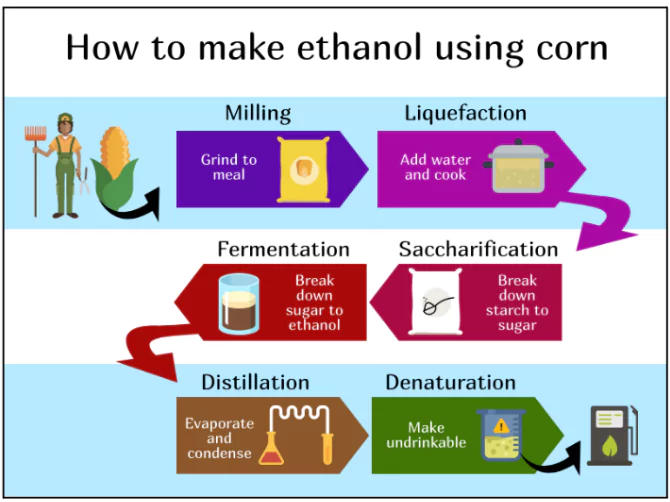![]() 5 May 2025
5 May 2025
English
हिन्दी

Diversion of maize for ethanol (biofuel) has turned India from a surplus producer and exporter to an importer of the feed grain.

Ethanol blends are categorized based on the percentage of ethanol mixed with petrol. Some common blends include:
<div class="new-fform">
</div>